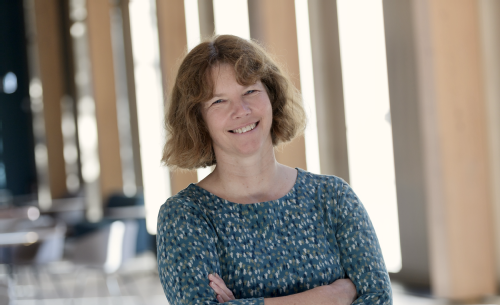CBL

Case Based Learning
This is the core of the WMS curriculum - how the various lectures and Themes all tie together.
In two 1hr 45-minute sessions a week, you work through a new patient case with your CBL group. Each session has a student Chair to lead the group, and another as Scribe to take notes (a weekly Snack Provider is also a common role!)
There's also a Facilitator, a faculty member able to help prompt questions and make sure you address the Learning Outcomes for that case.
Purpose of CBL
CBL is not intended to consolidate existing knowledge - but if you already know the answers, that's fine! - rather, the purpose of CBL is for acquiring new knowledge, developing clinical reasoning skills, and problem-solving.
The cases are based around that week's Learning Outcomes - and as the case opens on a Monday, you haven't yet covered them. Instead, approach it like this;
Case Open
Establish what is essential to know about a case, and form questions you want answered
During the week
Approach lectures with the aim of finding answers to questions you didn't answer in the Case Open
Case Close
Present what you've all found that week to the group, share your learning, and support each other




"I found treating CBL patients like they really were our responsibility meant that we thoroughly explored everything to do with their care and so got the most out of each CBL session. It's also a great environment to clarify things you’re unsure of with peers. CBL has been a great practical support to my learning, and I’ve made fab friends too!” - Ruthie Brooks ('22 cohort)
“CBL is a really different way of learning! There’s a lot you can take from it such a processes within the NHS, tackling difficult situations and diagnostic procedures - things you don’t always get to see in lectures alone.” — Becky Evans ('21 cohort)

Issues? Feedback?
Talk to your Facilitator, or the CBL Lead Dr Louise Davis ( )Link opens in a new window - she loves working with students, is always open to hear our WMS and CBL experiences, and welcomes student input on creating or updating cases too!

CBL prepares you for MDTs! And as doctors work with a variety of people, it's a chance to practice being patient with others.

Ask questions, be respectful of your peers, be generous with your knowledge, and be honest when you don't understand something.
Encourage and support those who are quieter if they're not confident, and avoid becoming overbearing or allowing others to 'take over' the group.
It might take your group some time to settle into the rhythm of this learning style, which tests your leadership, team-work, research, and critical-thinking skills. CBL also establishes many friendships, and groups for emotional and academic support.
Plus those varied backgrounds shine in CBL! A Psychology-grad may take a more holistic approach, whilst those with clinical backgrounds may have a greater insight into hospital processes or the patient experience.
Even those who said they had 'nothing' to add, actually had the most insightful questions that ensured those with the biochemistry knowledge check they truly understood what they were saying! So approach CBL with the intention of understanding why it is included in the curriculum, and how you can make the most out of it.
